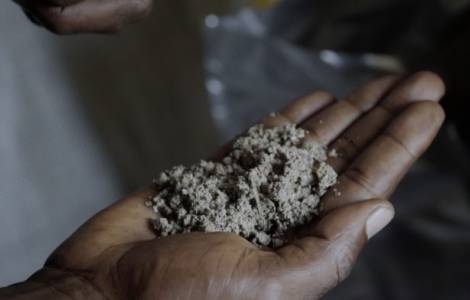
Freetown (Agenzia Fides) - "Immediate action" against the spread of Kush, a synthetic marijuana that has dangerous health effects among young people. This is what Caritas Freetown in Sierra Leone is asking for. “The widespread use of this substance is causing serious psychological and social problems, particularly in the context of unemployment and the severe economic crisis,” said a statement from Caritas Freetown. "Caritas Freetown urges the government to act immediately and declare a health emergency and provide resources to combat this crisis, ultimately protecting the country's youth." Synthetic marijuana (whose composition can vary depending on the manufacturer) came onto the market half a dozen years ago. Manufactured and distributed by criminal gangs, “Kush” (also called the “zombie drug”) is a mixture of various chemicals and plants that mimic the natural THC (cannabinoid) in cannabis. The drug, widely used among young people in Sierra Leone, Liberia and Guinea Conakry, has serious social consequences in these West African countries. According to health facility managers in Freetown, 90% of men's admissions to the central psychiatric ward are due to Kush use. Trading Kush is made easier by the low price at which it is sold, which is lower than that of the previously popular painkiller Tramadol. Smoking a Kush joint takes about 30 minutes, but the effects last much longer. The high youth unemployment affecting the three countries mentioned is a strong incentive for the search for "pharmacological" forms of escape. The population of Sierra Leone, more than 8 million people, is struggling with high inflation and high unemployment. However, “Kush” makes Sierra Leoneans forget their frustrations by leading them into the tunnel of addiction and often psychiatric illnesses, in a country where there are only five hospitals dedicated to treating these illnesses. One can therefore understand Caritas Freetown's warning that a "health emergency must be declared to protect the well-being and future of the country's youth." Caritas adds that "in addition to declaring a health emergency, it is essential to invest in prevention and rehabilitation programs. These include the establishment of accessible and affordable treatment facilities, the implementation of comprehensive public education campaigns and the implementation of educational initiatives to educate young people about the problems associated with consumption to inform about the dangers involved.” (L.M.) (Agenzia Fides, 27/10/2023)